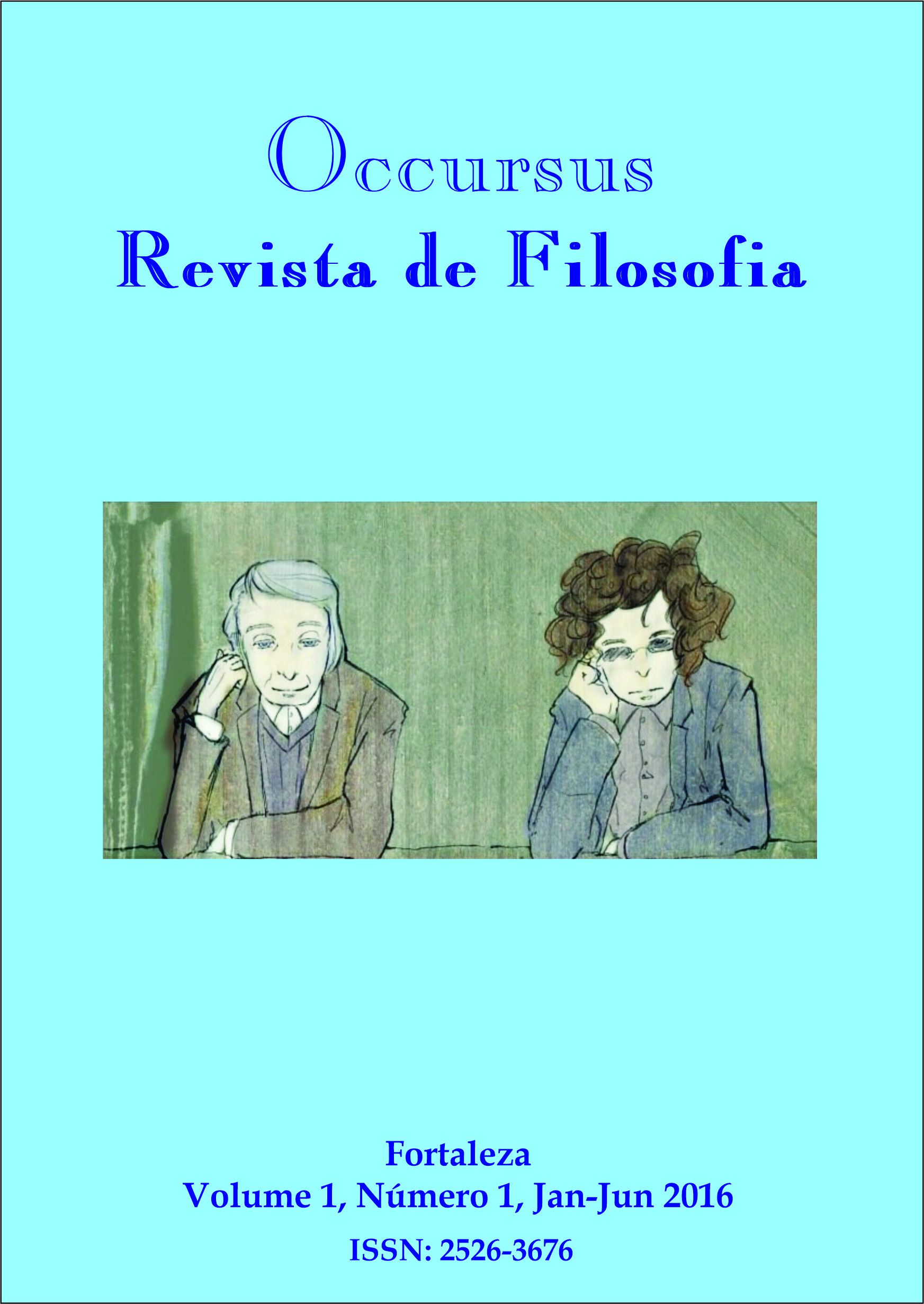Deus está morto! Considerações sobre o aforismo de Friedrich Nietzsche, diante da comprovação das Ondas Gravitacionais
Keywords:
Philosophy. Astronomy. Nietzsche. Einstein. Cosmo.Abstract
From the beginning of time to the present, the human tend to attribute myths, rites, beliefs and ideas of the need to understand the cosmos, in a way that man is not susceptible to it, but inserted in it. In the process that involves from astrology to philosophy, it became necessary to man refrain myths to advance in intellectuality presenting rational explanations about what is the Universe. This intellectual advancement resulted in the appearing of sciences such as astronomy and astrophysics that endlessly seeks to decipher and prove empirically the unknowns of Cosmo. Today, the philosophy becomes ignored by renowned scientists with the justification of the impossibility of reconciling philosophical speculation to the progress of scientific paradigms. But how to ignore the foundation responsible for the improvement of the human intellect? Is it possible to decipher the cosmos becoming absent to the reflection about what it characterized? Through the Nietzsche’s aphorism contained in the book The Gay Science and Albert Einstein’s paper entitled Theory of General Relativity, the intention is to demonstrate the correlation between philosophical reasoning and the progressive advance of the cosmos study.
References
APIAN, Peter. Cosmographia. Alemanha, 1540.
EINSTEIN, Albert. Relativity: The Special and General Theory (Translator: Robert W. Lawson) New York: Henry Holt and Company, 1920.
KEPLER, Johannes. New Astronomy. Cambridge: Cambridge University Press, 1992.
KUNH, Thomas S. A Estrutura das Revoluções Científicas (tradução por Beatriz Vianna Boeira e Nelson Boeira). São Paulo: Perspectiva, 5. ed., 1970.
LONGO, O. Aristotele De caelo. Florence, Itália. 1961.
NIETZSCHE, Friedrich. A Gaia Ciência (tradução de Paulo César de Souza). São Paulo: Companhia das Letras, 2001.
PANNEOK, Anton. A History of Astronomy. Dover Publications, 1989.
REALE, Giovanni. Metafísica de Aristóteles – v. 1, 2, 3, 5, 7. São Paulo: Loyola, 2001.
TAYLOR, Thomas. The treatises of Aristotle, on the heavens, on generation & corruption, and on meteors. Somerset, England: The Prometheus Trust, 2004, 1807.
Downloads
Published
How to Cite
Issue
Section
License
Copyright (c) 2024 Maressa Pinheiro Barros

This work is licensed under a Creative Commons Attribution 4.0 International License.




